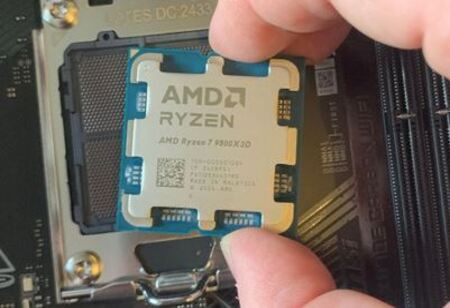
AMD Predicts Profits Could be Impacted by US' Licensing Control Requirement


According to AMD, its profits could be significantly impacted by the licensing control requirement imposed by the US government on exporting AI processors to China and some other nations.
AMD stated that the SEC this week that it may be responsible for approximately $800 million in inventory, buy obligations, and associated reserves charges if it is unable to secure a license.
AMD claims that their MI308 GPUs are subject to the new export regulations.
Early on Wednesday morning, AMD's stock was down almost six percent.
Nvidia, AMD's main rival, is one of several chipmakers affected by the recently implemented export restrictions in the United States. Nvidia said in a statement on Tuesday that it expects to incur $5.5 billion in export control expenses in the first quarter that ends on April 27.
Stronger export regulations on GPUs made in the US have been demanded by a number of government representatives.
They contend that letting Chinese businesses acquire these chips—especially AI firms—would jeopardize American supremacy in AI and national security.
Nvidia's losses due to the US-China trade war caused Wall Street stocks to plummet on Wednesday as the Fed chief issued a warning about the impact of US President Donald Trump's tariffs.
The most advanced GPUs from Nvidia, designed to power high-end artificial intelligence (AI) models, were already subject to export restrictions from the US to China.
Nvidia stated in the petition that it was informed the licensing need for H20 processors will be indefinite.
Also Read: Adaptability Lessons: Why Southeast Asia's Heat Can't Beat Mars Wrigley
Under Trump, the AI chip giant will strike a balance between scientific advancements and legal compliance, according to CEO Jensen Huang's public statements. He also stated that nothing will halt the worldwide progress of AI.

